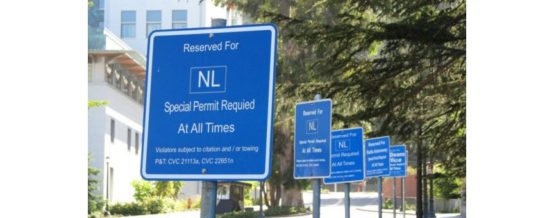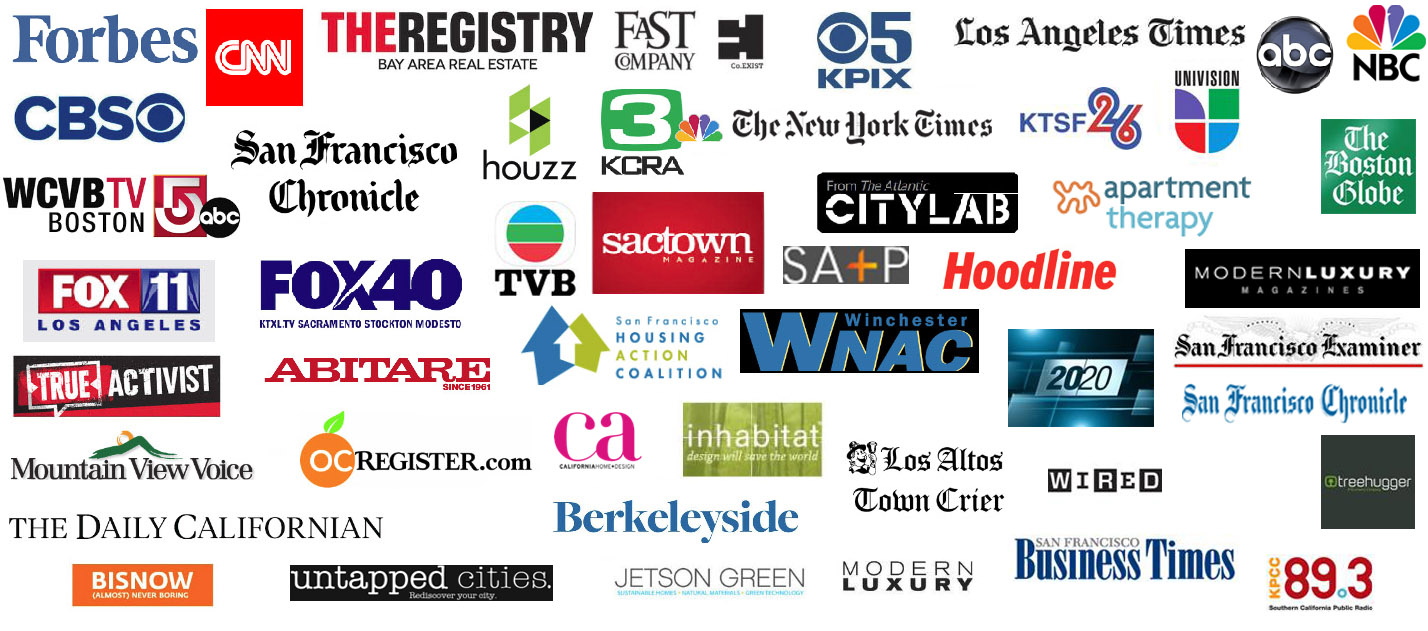2017June
"California lawmakers have tried for 50 years to fix the state’s housing crisis. Here’s why they’ve failed"

After an hour of debate, Herb Perez had had enough. Perez, a councilman in the Bay Area suburb of Foster City, was tired of planning for the construction of new homes to comply with a 50-year-old state law designed to help all Californians live affordably.
...More"San Francisco’s Civil War"

YIMBYs! Socialists! The only thing the Bay Area’s tenant activists hate more than high rent is each other.
Local politics is always, in one way or another, about housing. In San Francisco, a deep blue city whose fault lines long ago ceased to resemble America’s, that politics is a vitriolic civic scrimmage, where people who agree about almost every national issue make sworn enemies over zoning, demolition, and development.
...More"Supportive housing in short supply, but tiny homes may fill need"

The Chronicle took a hard look at four core issues of homelessness last summer. Here’s an update on what’s changed since then and what still needs to be done.
...More"Oregon May Strip Portland of Its NIMBY Powers"

From June 19, 2007: A controversial bill before the state legislature would preempt cities’ rights to prevent new affordable housing.
People can’t afford to be poor in Portland, Oregon. Nearly half of the households that rent in the Portland metro area pay too much. Almost one-quarter (24.3 percent) of these households are severely cost burdened, meaning half of their household income goes to keeping a roof over their heads.
...More"Despite money and effort, homelessness in SF as bad as ever"

On the face of it, San Francisco’s homeless problem should have improved dramatically over the past year.
After all, last summer Mayor Ed Lee formed the Department of Homelessness and Supportive Housing to focus on the city’s most perplexing problem.
The city spent $275 million on homelessness and supportive housing in the fiscal year that ends Friday, up from $241 million the year before.
...More"The Unaffordable Urban Paradise"

From June 20, 2017: Tech startups helped turn a handful of metro areas into megastars. Now they’re tearing those cities apart.
In the 1980s, I was part of a team doing research into the geography of the high-tech industry. We couldn’t find a single significant high-tech company in an urban neighborhood. Instead, they were all out in the suburbs—not just Intel and Apple in Silicon Valley,
...More"Lefty Cities Say They Want to Fight Climate Change but Won’t Take the Most Obvious Step to Do It"

From June 14, 2017
How many Nobel laureates (or NL, in UC–Berkeley parking parlance) does it take to break America’s automobile dependence?
On June 1, the U.S. Climate Mayors—a network of more than 300 city leaders, including the mayors of the country’s five largest cities—published a commitment to “adopt, honor, and uphold the commitments to the goals enshrined in the Paris Agreement.” The cities would carry out the promises Donald Trump had abandoned.
...More"California and Bay Area housing set to get even pricier, says UCLA"

The good news in University of California Los Angeles’s new Anderson Forecast—the Anderson School of Management’s regular assessment of how jobs and housing will shape up in California and the larger United States—is that California cities are building more housing than expected.
...More"I Fought the Market and the Market Won [UnintendedConsequences]"

We have a shortage of affordable housing in San Francisco.
Because housing is so artificially scarce, and therefore expensive in San Francisco, we force developers to include “below market rate” units in every housing development or pay fees.
...More"Downzoning won’t make housing cheaper"

The fallacy of composition leads people to get the connection between density and affordability backwards
Our good friend at Strong Towns, Chuck Marohn is utterly right about a great many things. But he’s committed a classic Kotkinesque blunder when it comes to evaluating the connection between density and home prices.
...More


